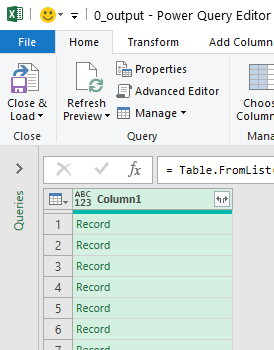

You can override the user-agent using the -user-agent option: airtable-export export base_id table1 table2 -key=key -user-agent "Airtable Export Robot" Request optionsīy default the tool uses python-httpx's default configurations. If you run this command against an existing SQLite database records with matching primary keys will be over-written by new records from the export. Those tables will have a primary key column called airtable_id. The SQLite database will have a table created for each table you export. If you only specify -sqlite the export directory argument will be ignored. This can be combined with other format options. You can export tables to a SQLite database file using the -sqlite database.db option: airtable-export export base_id table1 table2 \ ndjson file for each exported table: airtable-export export base_id table1 table2 \ You can pass multiple format options at once. You can also export as JSON or as newline delimited JSON using the -json or -ndjson options: airtable-export export base_id table1 table2 -key=key -ndjson

Export optionsīy default the tool exports your data as YAML. Rather than passing the API key using the -key option you can set it as an environment variable called AIRTABLE_KEY. This example would create two files: export/table1.yml and export/table2.yml. You can export all of your data to a folder called export/ by running the following: airtable-export export base_id table1 table2 -key=key The names of each of the tables that you wish to export.Your Airtable API key - this is a string starting with key.Your Airtable base ID - this is a string starting with app.You will need to know the following information:
#Export airtable to excel install#
Install this tool using pip: $ pip install airtable-export Export Airtable data to files on disk Installation


 0 kommentar(er)
0 kommentar(er)
